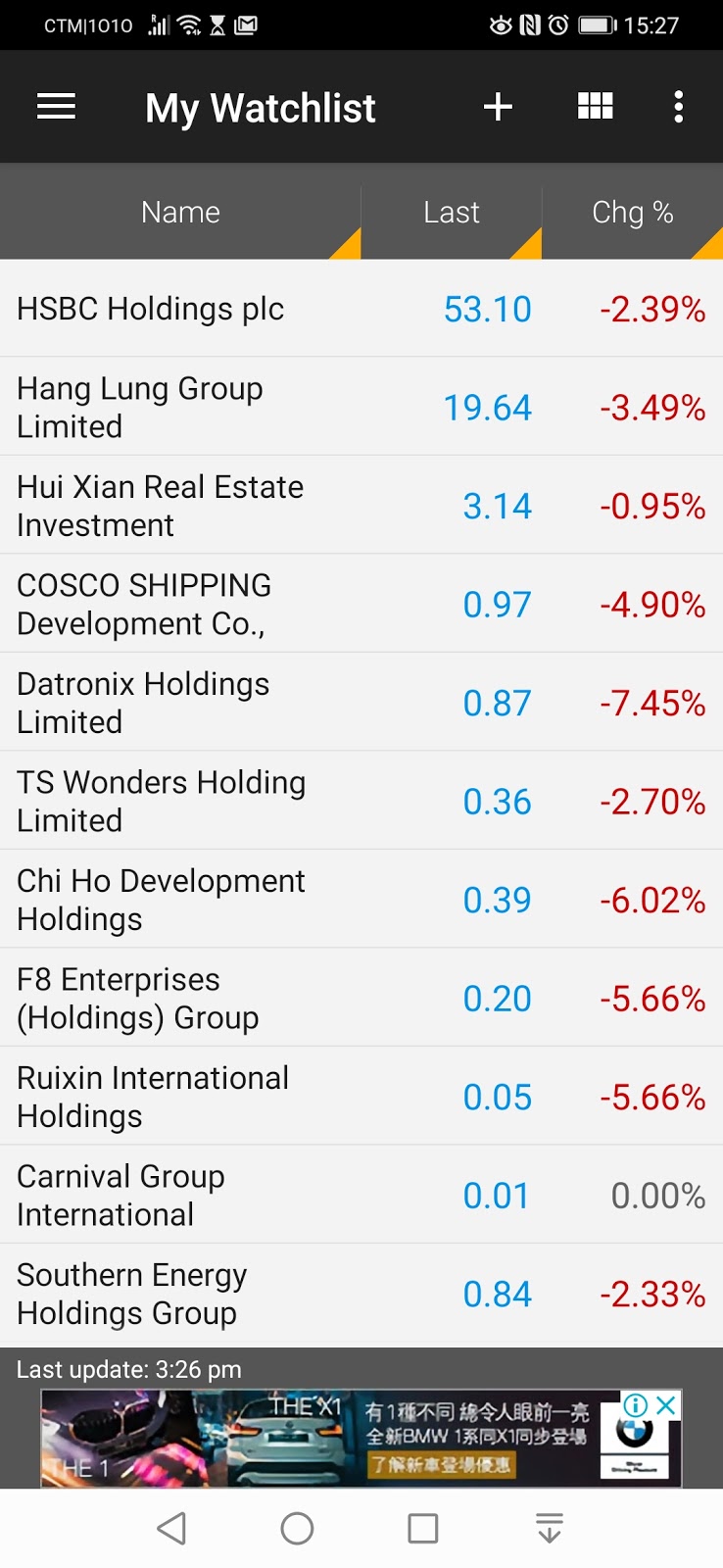CEO Blog

Does a CEO blog add any value to the company he serves? Does it matter?
By definition, the CEO should be setting his own agenda for his blog postings, as opposed to a corporate blog, where a diversity of authors could be accommodated. So naturally, a CEO blog is more self-serving than otherwise (although blogging is always self-serving to a large extent).
That is not to suggest that narcissism is necessarily the sole driver for CEO blogging. There could be a genuine motivation for sharing perspectives and engaging intellectual exchanges. Granted, it may be a welcoming change to the illusionary images of super-hero which epitomized the CEO landscape in the 90s. At least people can read somewhat from a CEO blog what's on his mind and how he sees things now.
But it's hard to imagine any CEO will genuinely tap into the collective wisdom for decision-making. For example, it is unthinkable that a CEO will expose a key strategic issue surrounding his company in his blog and consult the readers in the wild space for feedback. But if he would do that, he might stand a very good chance of coming up with the best plan for the way forward, by aggregating all the input from all the individual thinkers who care to respond - that is at least how James Surowiecki would argue, as what he advocates in "The Wisdom of Crowds".
So after all, a CEO blog may be more for show than otherwise, and at best its glamour will last no longer than the CEO's tenure at his job. For good or bad, therefore, it probably doesn't matter that much whether a CEO blogs or not. For one thing, it's hard to imagine that it will have any impact on the stock price of a listed corporation, certainly not without the risk of litigation for insider trading.
I have'd an interesting discussion with a colleague about whether Steve Jobs needs a CEO blog. By my colleague's admission, it is not far-fetched to suggest that Steve Jobs has already acquired a god-like status. God certainly doesn't need a blog. Your thoughts?



Comments